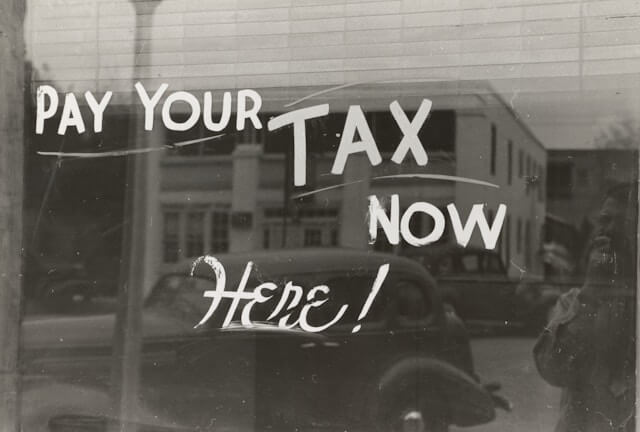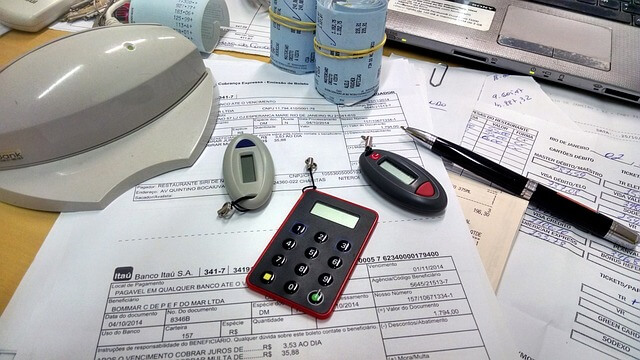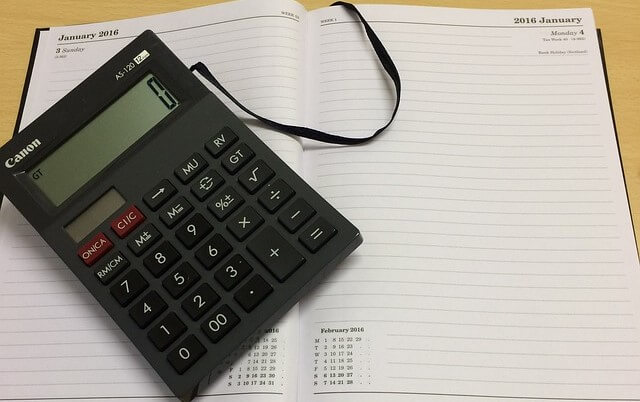Not many people know how to calculate Value-Added Tax (VAT) in Nigeria. Many do not also know what it’s all about. But, if you have ever bought goods at a departmental store you will notice a small amount – VAT – on your sales receipt.
VAT is a consumption tax. It is levied on the value added to goods and services at each stage of the production and distribution chain. It’s that small extra cost added to things you purchase, and it’s collected by businesses but paid by the person buying the stuff.
The law demands that the seller indicate the VAT element alongside the cost of the goods and remit the tax to the government.
In Nigeria, VAT plays a crucial role in generating revenue for the government. As a business owner, it’s essential to grasp how to calculate VAT to ensure compliance with the tax regulations.
This blog post is here to help make VAT less confusing. Let’s break down the process and show you how to calculate value-added tax (VAT) as a business owner in Nigeria.
Why Should Your Business Know About VAT in Nigeria?
All taxable persons are required to register for tax and obtain a Tax Identification Number (TIN) upon commencement of business. However, only businesses that meet the threshold for VAT are required to collect, pay, and file VAT returns. Such a business must have an annual turnover of N25 million or more.
For businesses in Nigeria, knowing about VAT is super important. It affects how you set prices and make money. By figuring out VAT, your business can avoid problems, and handle money better.
Different countries have their rates. In Nigeria, the current rate is 7.5. The VAT Act…2014 requires that you pay VAT on all goods manufactured and /or assembled in or imported into Nigeria. This also includes all services rendered by any person in Nigeria except VAT-exempt goods such as basic (raw) food items, baby products, medical services, and services rendered by Community Banks, etc.
Also Read: The Impact of Tax Evasion and Tax Avoidance in Nigeria’s Economy
Basic Calculation of VAT in Nigeria:
The formula to calculate VAT is straightforward. As we stated earlier, In Nigeria, the standard VAT rate is 7.5%.
Sum all the goods/services your customer ordered
Suppose you run a fashion outlet online, and a customer orders the following (Values in Naira)
Shoes 50,000
Shirt 12,000
Sunglasses 15,000
Total 77, 000
2. Multiply the total of goods/services by 7.5 and divide by 100
Using the VAT rate of 7.5%, multiply the total of your goods/services by 7.5 and divide your answer by 100:
77,000 x 7.5/100 = 5,775
The VAT here is 5,775.
3. Add VAT to the total
See example below;
Shoes 50,000
Shirt 12,000
Sunglasses 15,000
Total 77,000
VAT (7.5%) 5,775
Grand Total 82,775
This is what the customer pays at check out.
How to Calculate Inclusive vs. Exclusive VAT:
It’s crucial to understand whether your prices are inclusive or exclusive of VAT. If your prices are inclusive, the VAT is already included in the total amount, and you need to back-calculate to find the original net sales amount. So, in remitting the taxes to the FIRS, a business is also expected to deduct certain VAT expenses (called Input VAT) that they also incur.
How to Calculate and Deduct Tax Returns
Businesses charge the required 7.5% VAT on invoices for their services to clients or for the sale of goods to customers.
For example, if you buy an Air Conditioner from a retail outlet ( let’s call the outlet ABC Goods) for N100,000. If that amount is already inclusive of VAT, then the VAT amount is N7,894.74. That is, 7.5% of N100,000. Now, N100,000 – 7,894.74 =N93,023.26. Keep this last figure in mind. It is the cost of the AC minus VAT.
But remember this business, ABC Goods is a retail outlet. Meaning that they bought the TV at a lower price before fixing their selling price (100,000) which includes their markup and VAT (calculated above)
Now, let’s check out the outcome from the supplier’s end. Supposing that ABC Goods bought the Ac from the supplier at N80,000 inclusive of VAT of 7.5%. Applying 7.5% to the cost price means that ABC goods paid a sum of N6,000 in VAT.
Now that we have established this, let’s use the information to calculate how much ABC goods have to remit to the Federal Inland Revenue Services
VAT Output ( included in your invoice paid to ABC Goods) – N7,894.74
Value-Added Tax Input ( included in ABC good’s invoice paid to the supplier) – N6,000
VAT Remittable to the FIRS – N7,894.74 – 6,000 = N1,894.74
Not all items can be classified as VAT inputs. For example, apart from paying 7.5% VAT on the AC purchased for resale, ABC goods can’t claim VAT on say their marketing costs and the like. This extends to VAT paid to other services such as legal, consulting, fittings, etc. The reason for that is not in the scope of this post.
Also, businesses can only claim back the VAT they’ve paid on items they plan to sell or use directly to make new products. So, if a business buys something to resell it or to use it to make something new that they’ll sell later, they can get back the VAT they paid on those items. However, if they buy something for a different reason, like for personal use or their office, they can’t claim back the VAT.
Also Read: 5 Best Accounting Software & Tools for Restaurant Business Owners
Filing VAT Returns:
Businesses are required to file VAT returns with the Federal Inland Revenue Service (FIRS) monthly, ideally 21st of every month. The VAT return includes information such as total sales, VAT collected, and VAT paid on purchases. Just like having a guide on filling annual tax return is crucial, not understanding VAT and how to calculate it can expose businesses to several risks:
Financial Penalties: Lack of awareness or miscalculation of VAT may lead to underpayment.
Cash Flow Issues: Incorrectly managing VAT could impact a business’s cash flow. As a result, you may have to set aside enough money to cover the tax obligations.
Price Setting Challenges: Failure to factor in VAT when setting prices may result in incorrect pricing strategies. Of course, this will affect your profit margins and competitiveness in the market.
Legal Consequences: Non-compliance with VAT regulations has legal consequences. This includes audits and potential legal actions by tax authorities. Businesses that consistently face tax issues risk damaging their reputation. Customers, suppliers, and partners may lose trust in a company that struggles with basic financial responsibilities.
Conclusion
A lack of knowledge about value-added tax and how to calculate it in Nigeria can have far-reaching consequences. Knowing how to calculate your value-added tax in Nigeria can affect your business’s financial stability, reputation, and overall operational effectiveness.
In addition to that, your business needs to invest time and effort in understanding and managing their VAT obligations. Follow the basic formula and consider whether prices are inclusive or exclusive of VAT.
This way, you can ensure accurate financial reporting and compliance with tax regulations. Regularly filing VAT returns is key to maintaining a smooth relationship with the tax authorities and contributing to the economic development of Nigeria.





